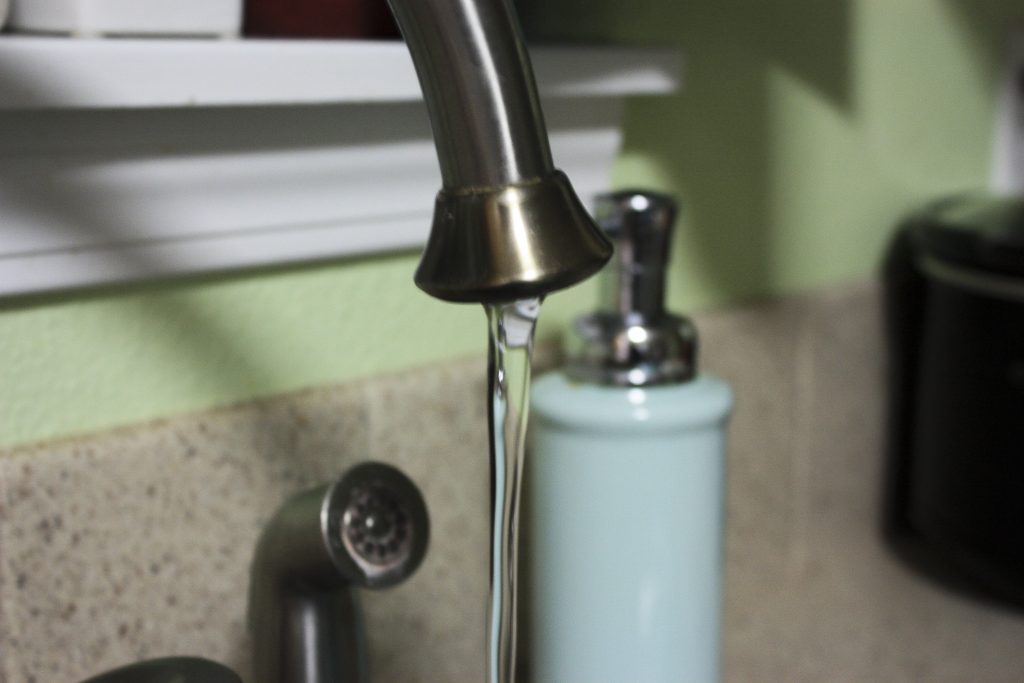
Rylie Horrall | Lifestyle Editor
It can be easy to forget to turn off the lights in the house, or even to turn the water off when answering a text while doing the dishes. While little things like these don’t seem too big at the time, they can unfortunately add up to a larger bill — and ecological footprint. However, it’s easy to keep track of a few simple things to save electricity and water.
- Keep unused appliances unplugged. When the coffee is done brewing or the toaster is no longer in use, make sure it’s unplugged. Even when the contraption isn’t being utilized, it will still use up electricity just from being plugged in. This also applies to extension cords, chargers and similar plugins.
- Turn off the lights when leaving a room. While some people may have heard this multiple times from parents and guardians growing up, it does have its benefits. By remembering to switch off the lights, up to $15 can be saved on an energy bill, according to bchydro.com. If it’s daylight, open the curtains or blinds and bask in some natural light until it’s necessary to turn on the lights inside. On another note, switch to LED bulbs if possible, as they use over 75% less energy.
- Air-dry clothes when it’s possible to do so; dryers can consume a lot of energy, so try hanging clothes on a rack or in the bedroom to air-dry. Avoid putting clothes on a radiator, as it restricts the heat from warming up the room and causes it to work harder, according to goodenergy.co.uk.
- For those who own a dishwasher, only run it when it’s completely full. According to sustainability.ncsu.edu, the dishwasher only uses about four gallons of water during its cycle, but handwashing can use up to 20 when there’s a large load of dishes. Alternatively, shutting off the water in between rinses or filling up one side of the sink with water also work for those who don’t have a dishwasher.
- Turn off the water while brushing your teeth. It’s recommended that brushing your teeth for two minutes is best, but by shutting off the water while doing so, up to 200 gallons of water can be saved per month.
- Shower instead of taking a bath; while baths can be relaxing for some, they can also use much more water than is necessary to get clean. Now that doesn’t mean that baths should be completely cut out — especially for those who use them to relax. That just means maybe limit the amount of baths taken each month, or just get the most out of one when it’s used.
- Use cold or warm water when washing clothes, and make sure the setting size is correct for the load. Continuing from that, try to do laundry when there’s a full load like the dishwasher. Running one large load can save more water than multiple small loads. Flip off the ‘extra rinse’ option if there is one as well.
Contact the author at rhorrall17@wou.edu
Photo by Rylie Horrall

